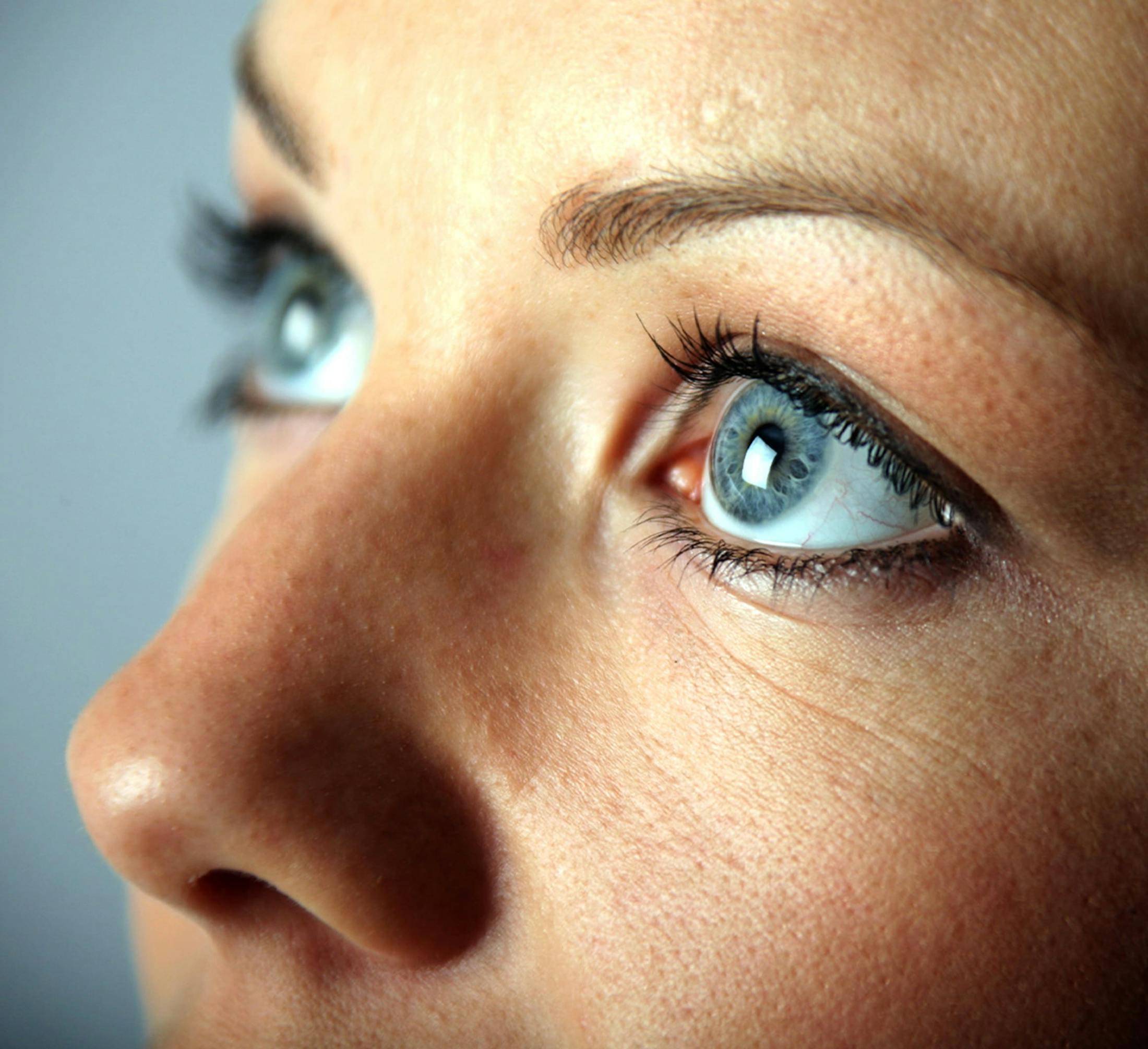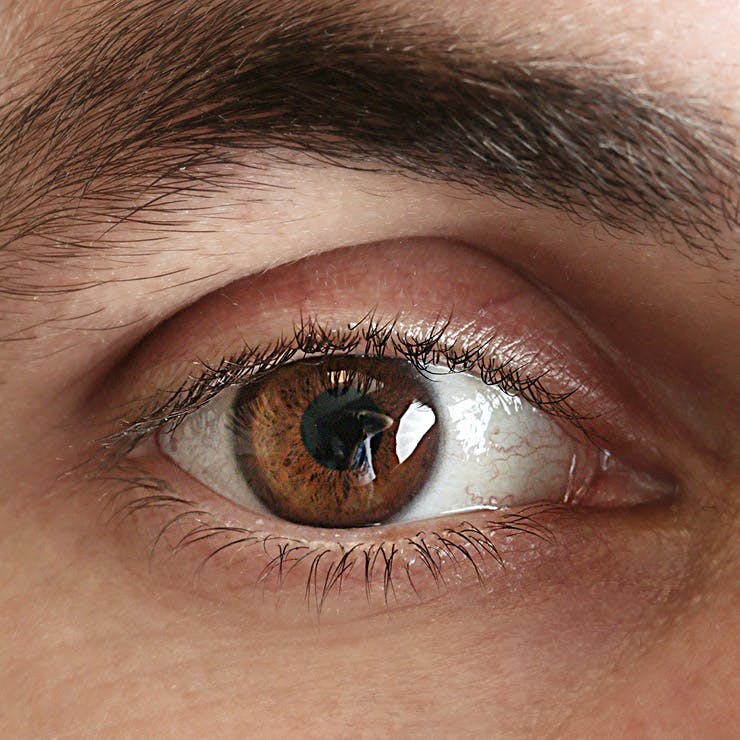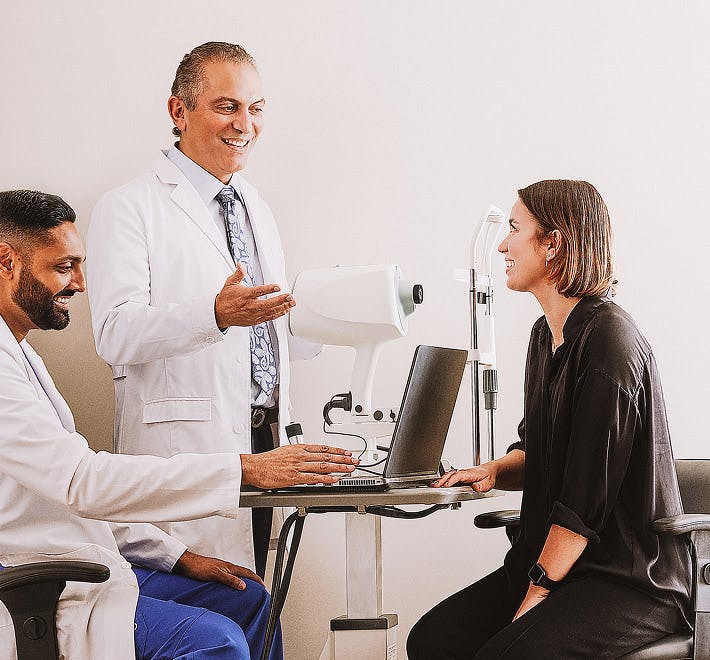Diabetic eye disease can jeopardize your vision, but diligent oversight and timely action can preserve long-term eye health.
What Is Diabetic Eye Disease?
Diabetic eye disease isn't a single ailment but rather a cluster of sight-threatening conditions linked to poor blood sugar control. Chief among these is diabetic retinopathy, wherein high glucose damages the retina's tiny vessels, causing fluid leaks, swelling, or even the emergence of fragile, abnormal vessels. Each of these disruptions can compromise central and peripheral vision over time.
Aside from retinopathy, individuals with diabetes may face higher odds of developing cataracts or glaucoma at a younger age. Such conditions can accelerate vision deterioration if overlooked. That's why prompt detection and intervention are central to our approach, allowing you the best chance to protect your visual acuity for years ahead.












